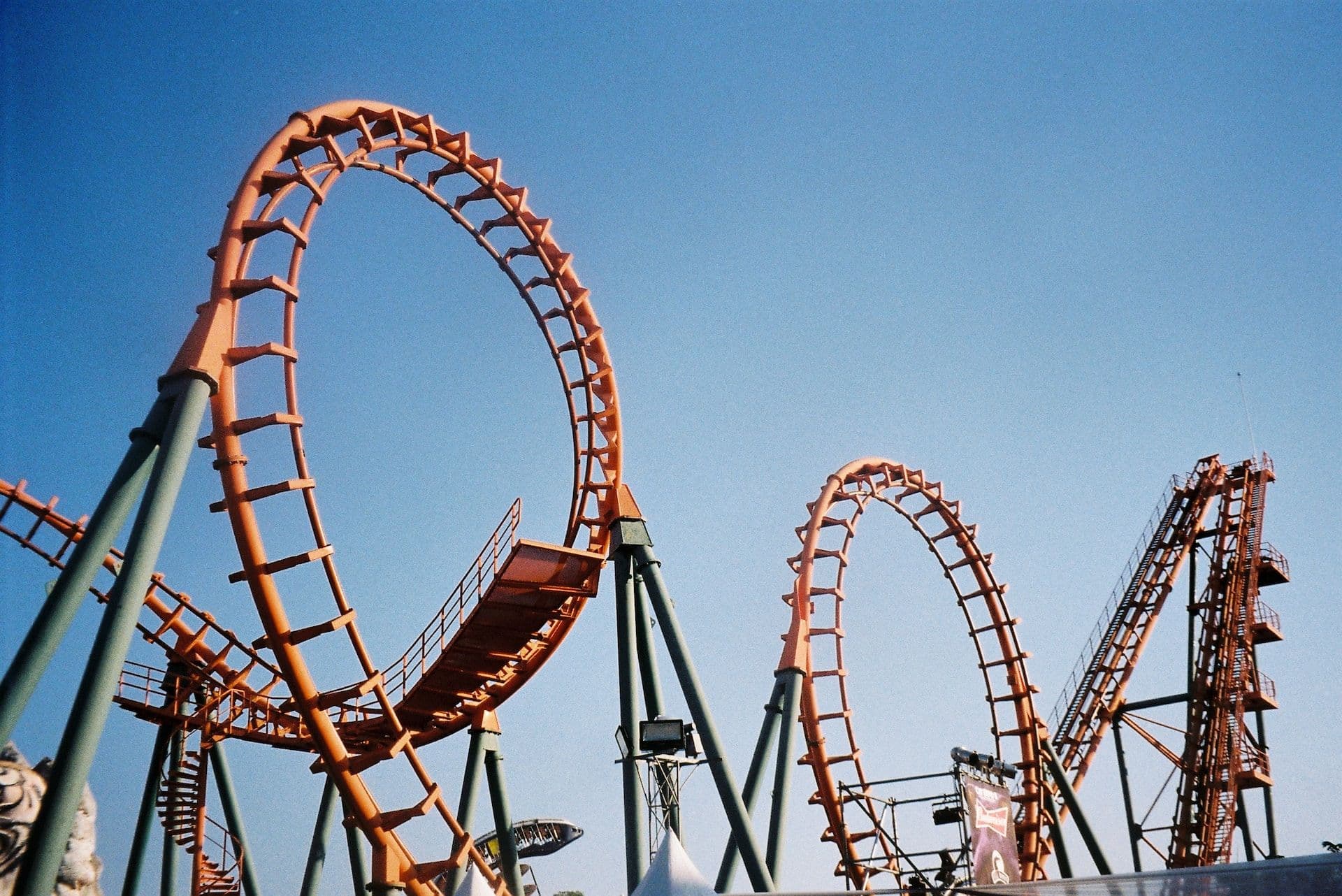Are Regulators Forsaking Safety at Amusement Parks?

Amusement Parks: Are Regulators Forsaking Safety for Thrills?
On July 8, 2021, visitors at the Cherry Festival in Traverse City noticed that the “Magic Carpet” (a massive pendulum swinging amusement ride) began to speed up and rock back and forth. Witnesses say they heard the sound of “parts breaking” and a “loud bang.” In an act of incredible bravery, an estimated 25 onlookers rushed to the base of the ride and held the rails, physically slowing the momentum and preventing the ride from tipping over. No injuries were reported. According to the Traverse City Record-Eagle, Arnold Amusement, the owner/operator of the Magic Carpet, publicly stated that the ride came off its blocking. Visitors of the Ohio State Fair were not as fortunate. On July 28, 2017, 7 people were injured and 1 killed when a seat dislodged from the ride — eerily named the “Fire Ball” — and crashed into the pavement. The investigation revealed “excess corrosion” caused the detachment. This tragedy prompted the Ohio legislature to pass “Tyler’s Law” after Tyler Jarell, the boy who died in the accident. Under this comprehensive legislative enactment, amusement and carnival ride owner/operators are held to strict compliance standards for inspection, testing, reporting and documentation of its rides. Moreover, the statute adopts the standards set forth by the American Society for Testing and Materials (ASTM).
—————
Legal oversight of amusement parks is woefully lacking
Surprisingly, amusement parks are exempt from federal regulations. Oversight is left to the individual states (six of which have none at all). Michigan carnival and amusement ride operators are governed by the Carnival Amusement Safety Act (“Carnival Act”) [MCL 408.651] touted as the “oldest amusement ride safety programs in the country.” Owners and operators are defined synonymously, as the rules apply equally to both. Under the Carnival Act, inspections are required to be performed by the Department of Consumer Industry Services (“Department”). However, inspections are only mandated once per year while the ride is in operation, unless operation is authorized under a temporary permit. While the Department may inspect a ride each time it is assembled or re-assembled, it is not required. Following the Cherry Festival mishap, an investigation into LARA’s records revealed that the Magic Carpet ride was last inspected in 2019, at which time it was determined to be in “satisfactory” condition. According to LARA, “rides with a satisfactory permit from a previous season are temporarily permitted to operate under their prior permit until their inspection in the current season.
—————
Riders – not owners – have to report injuries
Does all of this sound sketchy given the significant risks of serious injury posed by these rides? Well, consider this: The U.S. Consumer Product Safety Commission (“CPSC”) estimates that there were 30,900 injuries caused by amusement park attractions in 2016 alone. And, since 2010, the CPSC has reported 22 fatalities caused by “thrill rides.” A national survey conducted by Safe Parks Organizations suggest that most amusement ride injuries are suffered by children under the age of 13. Children between the ages of 7 and 12 account for a third of all injuries, attributable to speed, height, and rapid changes in direction. However, the numbers may be skewed by under-reporting. In Michigan, carnival and amusement ride operators are under no duty to report an injury. Oddly, “riders” are required to give notice of an injury before leaving the operator’s premises, MCL 408.670. Notice, however, is not a prerequisite to filing a civil action related to the incident. Arguably, under this statute, the passengers of the “Magic Carpet” who miraculously averted catastrophic injuries may not have triggered an investigation by the Department and/or sanctions under the Act.
Finally, it should be noted that there is a limited body of case law addressing carnival and amusement ride injuries. Civil liability is premised upon common law principles of negligence. Failures that result from abrasions, breaks, fractures and other defects in the cables and fastening, including deposits of rust”, justify an inference that an accident would not have occurred had the operator properly inspected, maintained and replaced its equipment. Martin v King Riding Device Co., 14 Mich. App. 480, 482 (1968). The Martin opinion begs the question. If equipment failure due to wear and tear is recognized as the primary culprit of thrill ride failure, why doesn’t the Michigan Carnival Act require more stringent inspection requirements.
Perhaps my childhood instincts were right?
—————
A. Vince Colella is a co-founder of personal injury and civil rights law firm Moss & Colella.
client review
I was referred to Moss & Colella in 2018 following a car accident. I cannot tell you how confident and safe I felt knowing that I was in good hands. David, and Ryan made sure that I always had any questions or concerns addressed in a timely manner. I appreciated their compassion, and understanding as I got emotional, and the reassurance they provided, made me feel important and valued as a client. If you need a great lawyer for an injury, this is your firm! I hope I never need to be in a position where I’d need their help again, but if I did, I’d gladly seek their services!
Michigan Personal Injury Lawyers
Moss & Colella was established in 1997 to offer personal attention to clients. The firm is recognized as a leader in personal injury litigation and will always have an attorney ready to help win your case.

